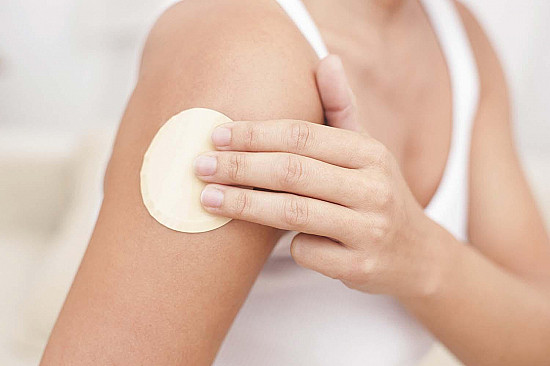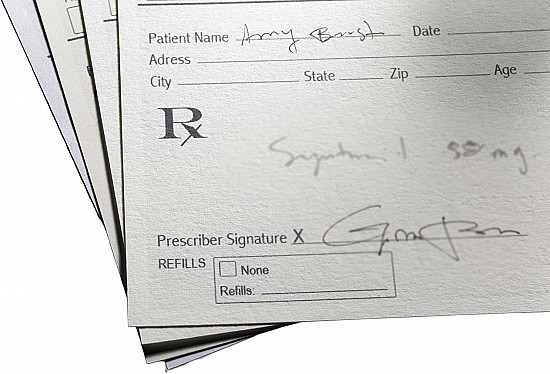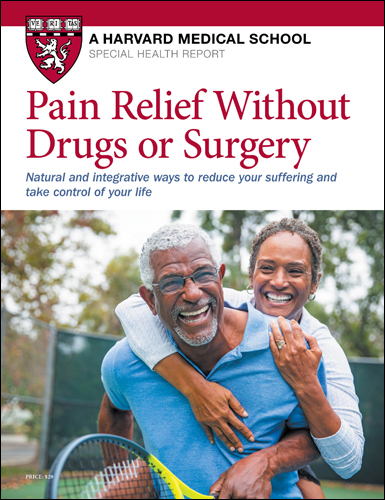Does the placebo effect really work?
On call

Q. I just began taking a new drug. My doctor said I probably wouldn't feel any improvement for several weeks, but I felt better the next day. Is that a placebo effect?
A. The response by any person to a new drug or treatment is so variable, it's almost impossible to know for certain whether your drug had some immediate effect or if it was a placebo response (improvement in symptoms from the act of taking a drug independent of its biological effects).
This is why placebos are commonly used in clinical trials to test the effectiveness of a specific therapy, especially when evaluating how well a drug works. For instance, people in one group get the tested drug, while the others receive a "fake" drug, or placebo, that they think is real. This way, the researchers can measure if the drug works by comparing how both groups react. If they both have the same reaction — improvement or not — the drug is deemed not to work.
However, experts have concluded that reacting to a placebo is not proof that a certain treatment doesn't work, but rather that another, non-pharmacological mechanism may be present.
How placebos work is still not fully understood. The placebo effect is probably more than just the power of positive thinking. It involves a complex neurobiological reaction that includes everything from increases in feel-good neurotransmitters, like endorphins and dopamine, to greater activity in certain brain regions linked to moods, emotional reactions, and self-awareness.
Brain activity changes when people respond to a placebo. In one study, researchers used functional magnetic resonance imaging (fMRI) to scan the brains of people with chronic pain from knee osteoarthritis. Then everyone was given a placebo and had another brain scan. The researchers noticed that those who felt pain relief had greater activity in the middle frontal gyrus brain region of the frontal lobe.
Placebos often work because people don't know they get one. But what happens if you do know that what you're taking is a placebo?
Researchers explored this question years ago by testing how people reacted to migraine pain medication. One group took a migraine drug labeled with the drug's name, another took a placebo labeled "placebo," and a third group took nothing. The researchers discovered that the placebo was 50% as effective as the real drug in reducing pain after a migraine attack.
The researchers speculated that a driving force beyond this reaction was the simple act of taking a pill. People associate the ritual of taking medicine with a positive healing effect. Even if they know it's not medicine, the action itself can stimulate the brain into thinking the body is being healed.
Image: © Olemedia/Getty Images
About the Author

Howard E. LeWine, MD, Chief Medical Editor, Harvard Health Publishing; Editorial Advisory Board Member, Harvard Health Publishing
Disclaimer:
As a service to our readers, Harvard Health Publishing provides access to our library of archived content. Please note the date of last review or update on all articles.
No content on this site, regardless of date, should ever be used as a substitute for direct medical advice from your doctor or other qualified clinician.
















